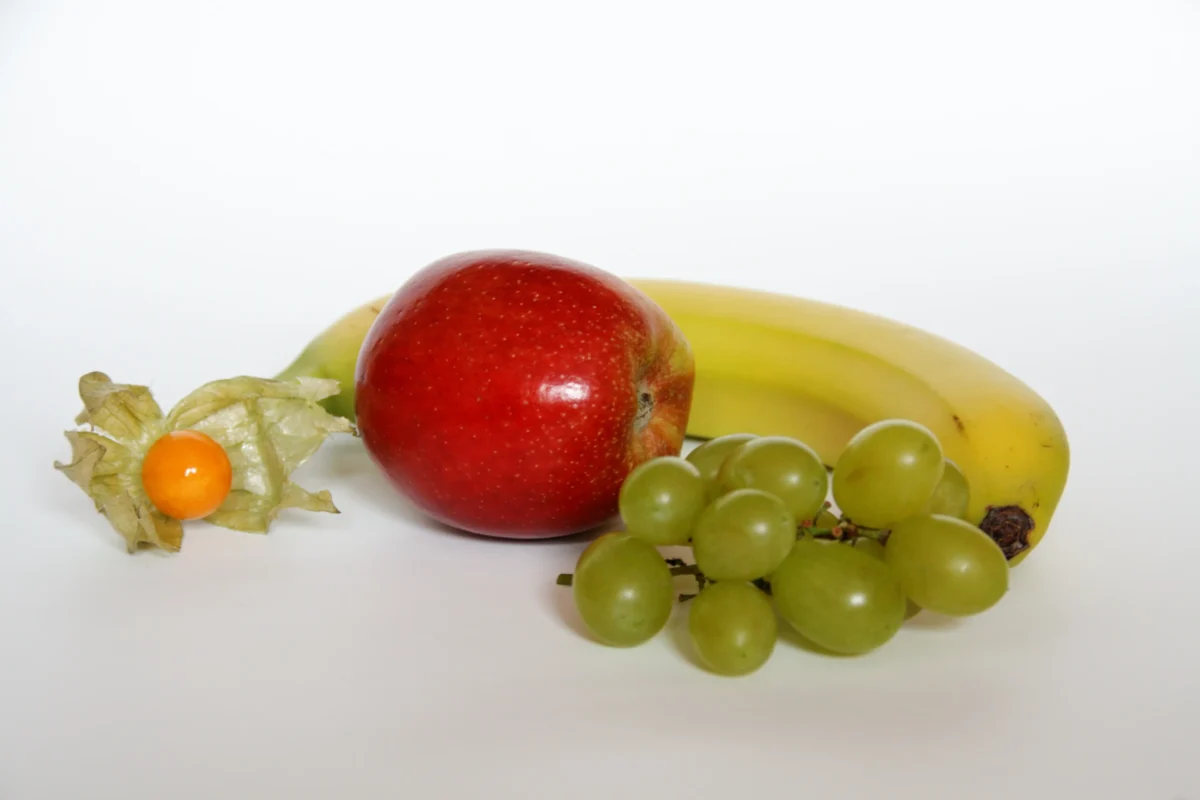The Pros and Cons of Bananas: Understanding the Health Benefits of this Versatile Fruit
Bananas are a delicious, versatile fruit that can be enjoyed on their own, in smoothies, or as a topping for oatmeal or yogurt. But what are the nutritional benefits of bananas, and are there any drawbacks to consuming them?

In this article, we’ll explore the pros and cons of bananas, including their potential nutritional benefits, their possible drawbacks, and how they can fit into a balanced and healthy diet. Whether you’re a banana lover or simply curious about the health benefits of this popular fruit, keep reading to learn more.
What are the nutritional benefits of eating bananas?
Bananas are a nutritional powerhouse that is often overlooked in our daily diets. These elongated fruits are not only delicious but also packed with a variety of nutrients that can benefit our overall health and well-being.

One significant benefit of bananas is their high potassium content, which helps regulate blood pressure, support heart health and maintain healthy kidney function. In addition to this, they contain fiber, vitamin C, and B6. These nutrients work together to boost immunity, promote healthy digestion and provide sustained energy levels throughout the day.
Moreover, bananas have a low glycemic index which means they release energy slowly into the bloodstream making them an excellent option for people who have diabetes or those trying to manage their weight. They also contain antioxidants like dopamine and catechins that protect cells from damage caused by oxidative stress.
Overall bananas are an exceptional source of essential vitamins and minerals required for optimal health. It’s no wonder why athletes consume them before or after workouts as they help reduce muscle cramps caused by strenuous exercise while providing enough energy needed for endurance training.
In conclusion, incorporating banana into your diet can offer numerous nutritional benefits besides being a tasty snack on-the-go!
The potential drawbacks of consuming bananas.
While bananas are often touted as a healthy snack choice, there are potential drawbacks to consuming them in excess. One such drawback is their high sugar content, which can lead to blood sugar spikes and crashes.
Additionally, some people may have an allergy or intolerance to bananas, leading to digestive issues or other health problems. It’s important for individuals to listen to their bodies and monitor how they feel after consuming bananas.
Furthermore, bananas are not a complete source of nutrition and should be consumed in conjunction with other healthy foods for a balanced diet. While they do offer potassium and fiber, they lack significant amounts of protein and essential fatty acids.
Overall, while bananas can certainly be a part of a healthy diet in moderation, it’s important for individuals to be aware of their potential drawbacks and consume them mindfully as part of a well-rounded meal plan.
How do bananas fit into a balanced and healthy diet?
Bananas have long been a staple in many diets, but their health benefits and drawbacks are still a topic of debate. While bananas are certainly high in sugar, they also contain important nutrients that can help you maintain a balanced and healthy diet.
One of the key benefits of bananas is their high fiber content. Fiber is essential for maintaining digestive health and can help regulate blood sugar levels. Bananas also contain important vitamins and minerals, such as potassium, magnesium, and vitamin C.

However, it’s important to keep in mind that bananas are also relatively high in calories compared to other fruits. If you’re trying to lose weight or maintain a low-calorie diet, it’s important to monitor your banana intake.
Ultimately, incorporating bananas into your diet can be a great way to add variety and nutrition. However, it’s important to consume them in moderation as part of an overall balanced diet that includes plenty of fruits and vegetables alongside other nutrient-rich foods like lean protein sources and whole grains.
Important facts to know about bananas before incorporating them into one’s diet.
Before incorporating bananas into your diet, it’s important to understand the pros and cons of this popular fruit. Bananas are a rich source of vitamins and minerals, including potassium, magnesium, and vitamins B6 and C. They also provide a quick source of energy due to their high sugar content.
However, it’s important to note that bananas also contain a significant amount of carbohydrates which may not be suitable for those on low-carb diets. Additionally, some people may be allergic to bananas or experience digestive issues such as bloating or constipation.
When selecting bananas for consumption, opt for ripe ones as they are easier to digest and have higher antioxidant levels. It’s also important to store them properly by keeping them in a cool place away from direct sunlight.
Overall, incorporating bananas into your diet can provide numerous health benefits but should be done in moderation based on individual dietary needs and preferences. Consult with a healthcare professional if you have any concerns about incorporating this fruit into your diet.

Check out our other articles to find out even more about banana.
Bananas are a great addition to an overall balanced and healthy diet. They provide numerous benefits, such as fiber, Vitamin B6, Magnesium, Potassium and more! However, they shouldn’t be over consumed due to the high sugar content. Ultimately it is important for you to keep in mind your current health goals when deciding whether or not bananas are right for your nutrition plan. To find out even more about banana nutrition consider checking out our other articles!







